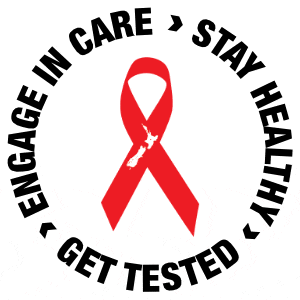A decade after the far-right Law and Justice Party rose to power in Poland, and two years after their defeat in national elections, the last remnants of their state-backed anti-LGBTQ+ policies have been dismantled.
On Thursday, councillors in the southeastern Polish town of Łańcut officially repealed the country’s final “LGBT-free” resolution, marking a significant victory for human rights advocates.
These discriminatory resolutions, introduced under the previous government, were among approximately 100 declarations that proclaimed certain local regions as “LGBT-free” or banned “LGBT ideology,” particularly aiming to restrict the promotion of LGBTQ+ identities in schools.
The resolutions attracted widespread condemnation from human rights organisations and the European Union (EU), which responded by withholding funding, citing breaches of the EU’s core values. Billions of Euros in funding for Poland were frozen as a result.
In a pivotal 2022 decision, Poland’s Supreme Administrative Court ruled that the resolutions infringed upon the dignity, honour, and private lives of minority groups, rendering them unconstitutional. The court affirmed the state’s duty to protect all its citizens, including minority populations. Following this decision, all similar local resolutions were rescinded, with Łańcut being the last to comply.
“Councillors have been taught a lesson not to succumb to propaganda that appeals to their emotions,” said activist Jakub Gawron, who created the Atlas of Hate – an online interactive map tracking areas with “LGBT-free” declarations.
The campaign against these zones extended beyond Poland’s borders. In 2021, the European Commission warned Polish regions that designating areas as “LGBTIQ-free” contravened Article 2 of the Treaty on European Union. Consequently, municipalities maintaining such policies were threatened with the withdrawal of funding for infrastructure and environmental projects.
Later that year, the EU Parliament formally condemned Poland’s actions, likening the zones to “Jew-free” areas seen during the prelude and course of World War II.
At the height of the policy’s spread, about one-third of Poland had declared itself an “LGBT-free zone.” European Commission President Ursula von der Leyen strongly rebuked these declarations, saying in her State of the Union address that “‘LGBT-free zones’ are ‘humanity-free zones.’ They have no place in our Union.”
“I will not rest when it comes to building a union of equality — a Union where you can be who you are and love who you want without fear of recrimination or discrimination,” she told lawmakers, notably without naming Poland directly.
Former U.S. President Joe Biden echoed von der Leyen’s sentiment, tweeting, “Let me be clear: LGBTQ+ rights are human rights — and ‘LGBT-free zones’ have no place in the European Union or anywhere in the world.”
The repeal in Łańcut comes amid troubling developments elsewhere in Europe, including the rise of anti-LGBTQ+ legislation in Hungary and continued crackdowns in Russia under President Vladimir Putin, who has expanded “gay propaganda” laws even further.
While Poland’s repeal closes a painful chapter, the broader fight for LGBTQ+ rights across Europe remains ongoing.




























